Uncategorized
-
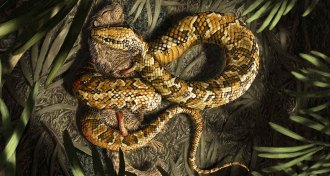 Paleontology
PaleontologyMuseum fossil links snakes to lizards
Scientists have discovered the fossilized remains of the first four-legged snake. The fossil bridges the gap between snakes and lizards.
By Meghan Rosen -
 Life
LifeCells from grandma help keep fetus safe
Grandmother’s cells may watch over grandchildren in the womb.
-
 Environment
EnvironmentFracking doesn’t always go to great depths
Fracking at shallow depths is unexpectedly common in the United States and raises new concern for drinking water contamination.
By Beth Mole -
 Neuroscience
NeuroscienceBoosting estrogen, only in the brain
Scientists have developed a chemical that transforms into the hormone estrogen in the brain, but not the body, of rats.
-
 Health & Medicine
Health & MedicineBystanders deliver on CPR
People suffering from cardiac arrest are more likely to survive without brain damage if a bystander performs CPR, new studies suggest.
By Nathan Seppa -
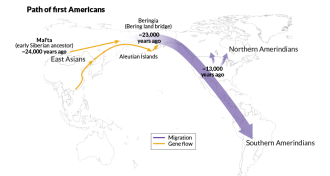 Genetics
GeneticsResearch teams duel over Native American origins
Genetic link between Australia and the Amazon fuels two interpretations of Native American origins.
-
 Health & Medicine
Health & MedicineDeath by brain-eating amoeba is an inside job
Immune response to brain-eating amoeba may be the real killer.
-
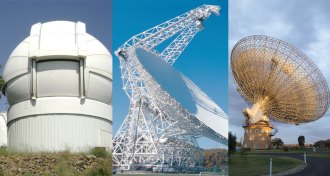 Space
SpaceSearch for E.T. gets financial boost
Search for extraterrestrial intelligence gets a $100 million donation from a Russian entrepreneur.
-
 Neuroscience
NeuroscienceBreakdown of Alzheimer’s protein slows with age
It takes longer to get rid of an Alzheimer’s-associated protein with age.
-
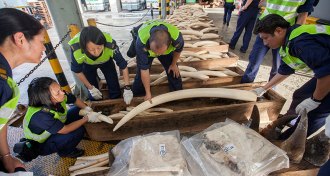 Climate
ClimateCarbon dating may soon lead to mismatches
Carbon released from burning fossil fuels will jeopardize the effectiveness of many carbon dating applications, new research predicts.
-
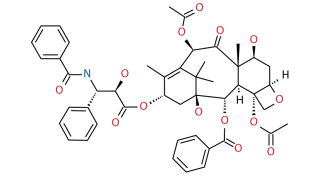 Chemistry
ChemistryBiology may provide just the right chemistry for new drugs
Using enzymes and microbes to make new drugs may help revive the pharmaceutical industry.
By Beth Mole -
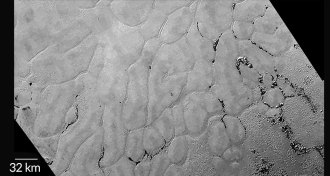 Planetary Science
Planetary ScienceLatest dispatch from Pluto reveals frozen plains, icy hills and more
Polygon plains, windswept hydrocarbons, and more moons were tantalizing details revealed about Pluto in the latest data from New Horizons.